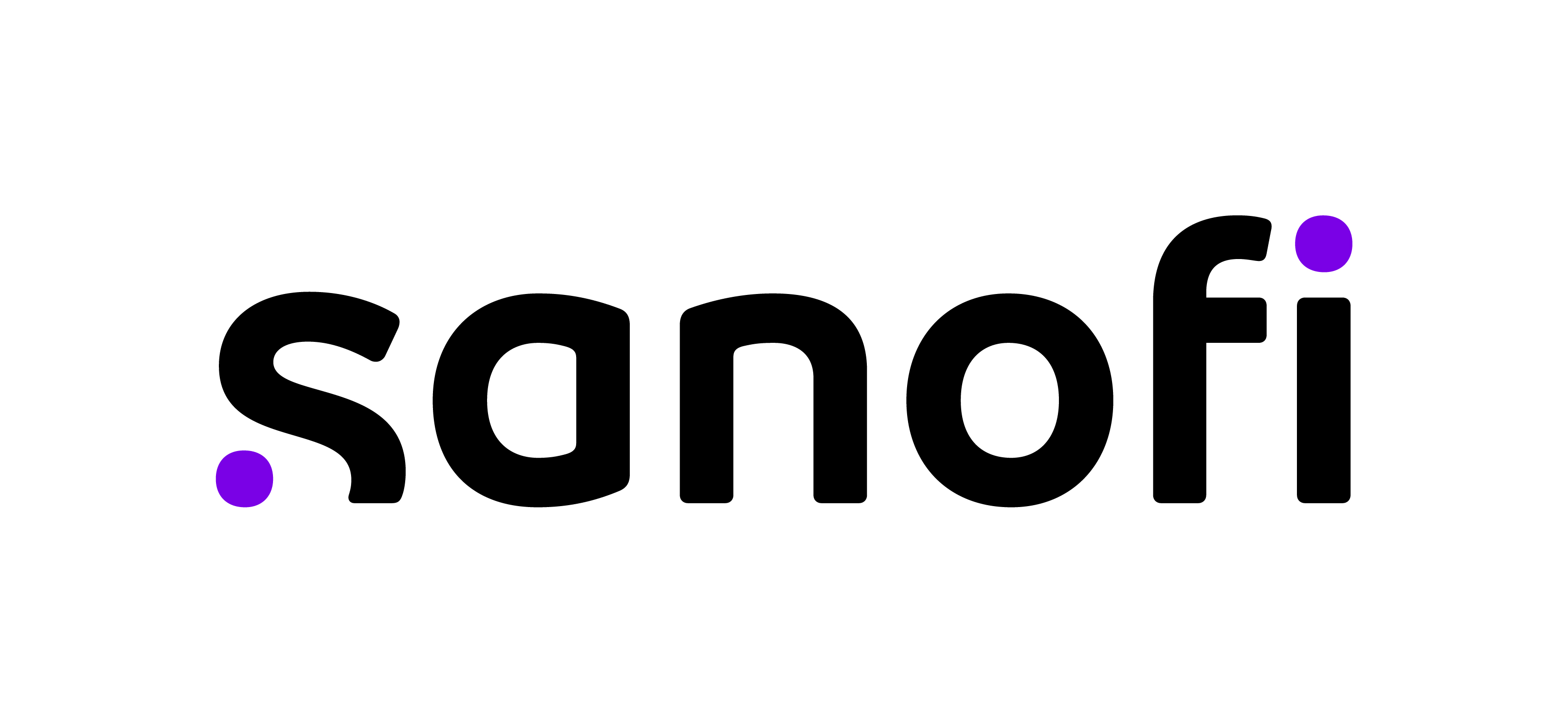Washington, D.C. (May 04, 2017) – The Biotechnology Innovation Organization (BIO), the National Science Foundation (NSF) and the National Institutes of Health (NIH) today announced an agreement to feature Small Business Innovation Research (SBIR)-funded early-stage biomedical companies in an Innovation Zone at the 2017 BIO International Convention. The Innovation Zone companies, focused on drug discovery, diagnostics and other therapeutic platform technologies, will have dedicated exhibit space and participate in BIO’s One-on-One Partnering™ system. Select companies will make 15-minute company presentations in the BIO Business Forum.
“Early stage R&D has proven to be the driving force in many breakthrough technologies under development today. Any one or more of the companies represented in our ‘Innovation Zone’ could produce the next breakthrough that could change the lives of people desperate for a cure or treatment,” said BIO’s President and CEO, Jim Greenwood. “This year, we will have 80 SBIR-funded companies join us at BIO 2017 and we couldn’t be happier about showcasing emerging biotech in this setting. As SBIR recipients, the ‘Innovation Zone’ companies have demonstrated strong potential for commercializing innovative and transformational technology that could change the medical health landscape.”
The SBIR program provides U.S. federal funding to small businesses engaged in research and development with the potential for commercialization. Companies are rigorously vetted through the NIH and NSF SBIR review process prior to receiving the funding.
“NIH strongly believes in supporting innovative and breakthrough life science technology development through the SBIR program. The BIO International Convention continues to be an ideal place to highlight our companies. The SBIR companies showcased in this year's ‘Innovation Zone’ show some of the most promising technologies in our portfolio that we hope will achieve commercial success and significantly advance and improve human health. In order to achieve these goals, these companies require critical partnerships and capital. I encourage attendees to meet with our companies and explore the featured exhibitors and presentations," said Dr. Matthew Portnoy, NIH SBIR/STTR program coordinator.
“Breakthrough biomedical innovations often come from inventive small companies that develop disruptive new technologies to address unmet healthcare needs,” said Jesus Soriano, a program director for NSF's SBIR/STTR program. “This year, 20 small businesses with grants from NSF’s SBIR/STTR program will be available at the BIO International Convention to talk about their cutting-edge technologies, which will span a wide range of topics from new therapeutic platforms to diagnostic methods. BIO offers these innovative American small businesses the opportunity to showcase their emerging technologies.”
The majority of participating companies in the BIO Innovation Zone have received SBIR Phase II grants, which provide up to $1 million dollars or more in funding to engage in R&D that has the potential for commercialization.
Advance media registration is available for qualified reporters working full time for print, broadcast and web publications with valid press credentials. To register, please visit here.
About BIO
BIO is the world's largest trade association representing biotechnology companies, academic institutions, state biotechnology centers and related organizations across the United States and in more than 30 other nations. BIO members are involved in the research and development of innovative healthcare, agricultural, industrial and environmental biotechnology products. BIO also produces the BIO International Convention, the world’s largest gathering of the biotechnology industry, along with industry-leading investor and partnering meetings held around the world. BIOtechNOW is BIO's blog chronicling “innovations transforming our world” and the BIO Newsletter is the organization’s bi-weekly email newsletter. Subscribe to the BIO Newsletter.
About the National Institutes of Health Small Business Programs
The National Institutes of Health (NIH) Small Business Innovation Research (SBIR) and Small Business Technology Transfer (STTR) programs (https://sbir.nih.gov/) are one of the largest sources of early-stage capital for biomedical technology commercialization in the United States. In Fiscal Year 2016, these programs will invest more than 870 million dollars into health and life science companies that are creating innovative technologies that align with NIH’s mission to improve health and save lives.
About the National Science Foundation's Small Business Programs
At the National Science Foundation (NSF), Small Business Innovation Research/Small Business Technology Transfer (SBIR/STTR) is an approximately $170 million program that catalyzes the commercialization of high-risk technological innovations via research and development grants to small businesses and startups. NSF is an independent federal agency with a budget of about $7 billion that supports fundamental research and education across all fields of science and engineering.
Upcoming BIO Events
June 19-22, 2017 | BIO World Congress on Industrial Biotechnology July 23-26, 2017 |
###











